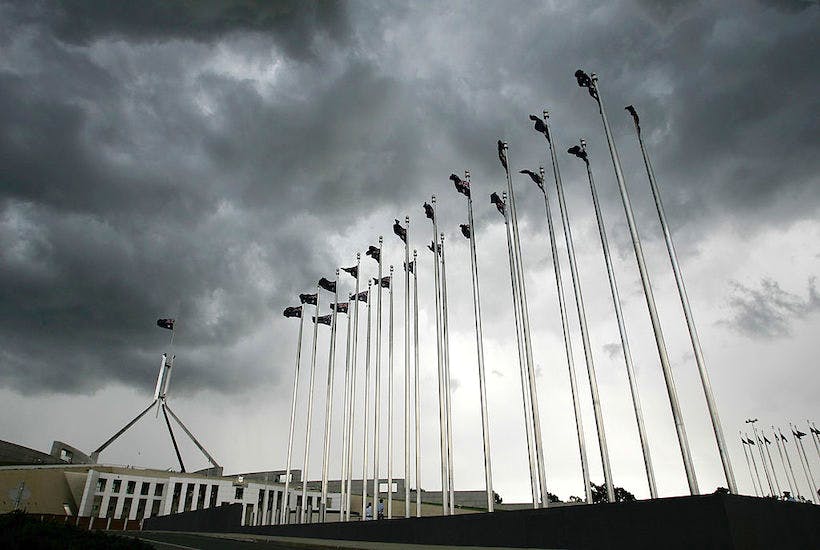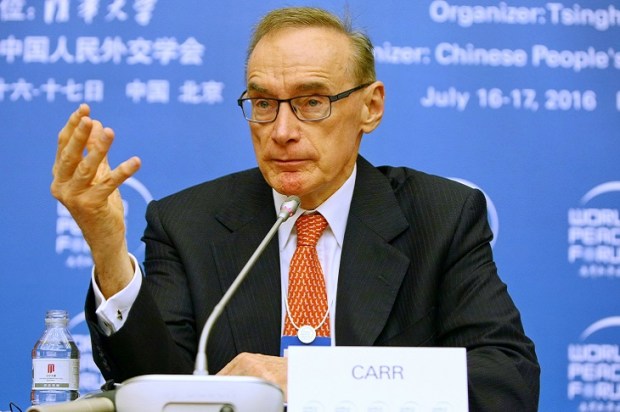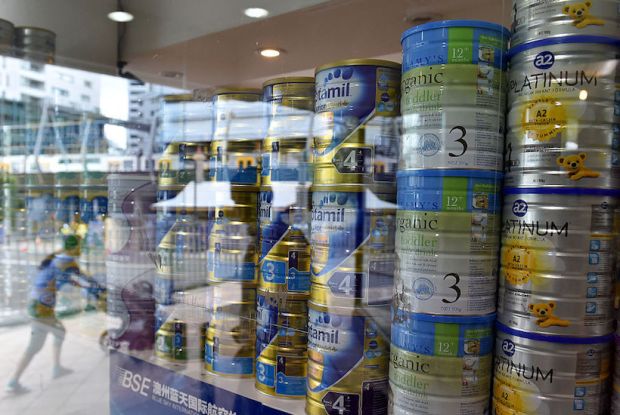Your correspondent, having toiled in discrete (and discreet) roles through 30 years in the national capital, federal public servant, Gallery journalist and parliamentary staffer, now enjoys the elevated status (and carefully measured drinks and slightly stale canapes) of the ex-Parliamentary Officers group at annual get-togethers.
For new, young staffers, though, Canberra and Parliament House can be a very lonely, dispiriting experience. Canberrans, particularly those locals who work in the House, are not known for friendly gestures to newcomers. The unspoken protocols are many and intimidating, the rules harsh and failures are not forgiven.
In contrast, young graduates entering the federal public service in Canberra are fairly well briefed on what to expect on their three-year rotations through the Departments, because for all its collective faults and foibles, the APS is fairer and more equitable in its treatment of inductees and at the day’s end, most grads — who used to be called GAA; graduate administrative assistants, until they politely rebelled — can go home to group houses to pour out their hearts to sympathetic flatmates.
Parliamentary staffers usually don’t have such luxury. They have little or no job security. Some bosses are the worst of bullies. Many staff are fly-in-fly-out visitors, working very long hours in the tribalised House, with only the relief of alcohol, recreational drugs and the company of colleagues. And there’s a lot of alcohol; not just in Parliament House but particularly in the Kingston and Manuka bars, just ten minutes away once the House, where everyone from parliamentary security staff to journos, staffers, lobbyists, MPs and even the odd minister can be found, particularly on Wednesday’s nights when parliament rises early.
Parliament House is as secure as you want it to be. Every square inch is covered by CCT, every office contains a panic button, every corridor holds a security station. The parliamentary attendants aren’t blind. A veteran security officer once related the story of a very senior Labor figure who enjoyed a special relationship with a public servant: “They were holding hands behind their backs forgetting that the camera scans forward and back views.”
All this, though, is immaterial if staff — if any inhabitants of the building — aren’t safe.
We, the people, have the right and responsibility to remind all governments that they have a duty to protect the people often working 12 to 15 hours days within the fortress on Capital Hill that is Parliament House.
The Australian public service takes to heart Sir Humphrey Appleby’s reminder, “Ministers come and go, Bernard, but the civil service goes on forever.”
Political careers can be Hobbesian in nature — nasty, brutish and short — but we must remember that the trauma of sexual assault can go on forever too.
While it’s all too easy to mock the obsession of the bureaucracy with process, “cultural change” in parliament should examine the public service’s induction and orientation processes and how something similar might help on the Hill.
Got something to add? Join the discussion and comment below.
Get 10 issues for just $10
Subscribe to The Spectator Australia today for the next 10 magazine issues, plus full online access, for just $10.


























Comments
Don't miss out
Join the conversation with other Spectator Australia readers. Subscribe to leave a comment.
SUBSCRIBEAlready a subscriber? Log in